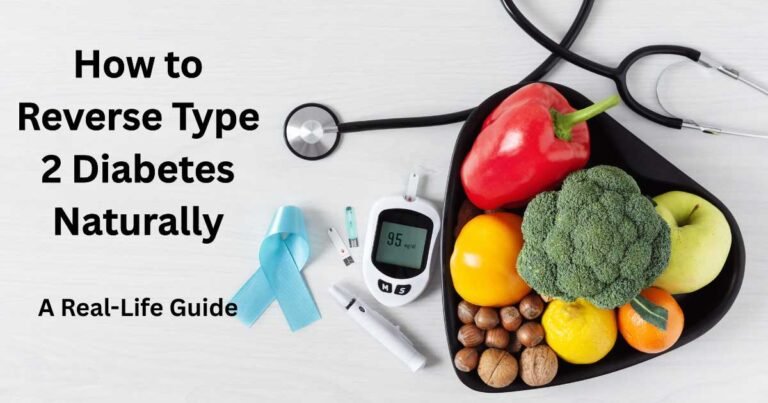Understanding Empty Mouth Movements in the Elderly

As a caregiver, you may notice elderly individuals exhibiting unusual chewing behaviors without any food present. This is known as empty mouth movements or senile sialorrhea, and it’s a common issue among seniors. While it can be puzzling, understanding the causes and implications of this behavior is crucial for providing the best care.
What Are Empty Mouth Movements?
Empty mouth movements refer to involuntary actions like repetitive jaw movements, lip-smacking, tongue movements, or swallowing motions that occur without food. These movements might occur while the person is at rest, involved in other activities, or even sleeping. Let’s explore the causes behind this puzzling behavior.
Common Causes of Chewing Without Food in the Elderly
Several factors can trigger this behavior in older adults, and it’s essential to identify the underlying cause to address it effectively. Below are the primary causes of these movements:
| Cause | Details |
|---|---|
| Dry Mouth (Xerostomia) | A lack of saliva can cause discomfort, leading to chewing movements to stimulate saliva production. |
| Neurological Disorders | Conditions like Parkinson’s disease, Alzheimer’s, or Huntington’s disease can affect motor control. |
| Dental Issues | Poor-fitting dentures, tooth decay, or jaw disorders (like TMJ) can contribute to chewing behaviors. |
| Gastroesophageal Reflux | GERD can cause discomfort, and chewing motions may help neutralize stomach acid. |
| Medication Side Effects | Certain drugs, such as those used for Parkinson’s or depression, can dry out the mouth and trigger chewing. |
| Habitual Behavior | Similar to nail-biting, some seniors chew out of comfort or as a soothing habit. |
Additional Factors to Consider
While these are the common causes, it’s also important to remember that the behavior may sometimes occur due to a combination of factors, and understanding the individual’s overall health status is essential.
- Mental Health Impact: Anxiety and stress can sometimes contribute to such behaviors, and seniors with underlying mental health conditions may display these movements as a coping mechanism.
- Medication Review: Regularly reviewing medications with a healthcare provider can help identify if a specific drug contributes to the behavior.
The Impact of Empty Mouth Movements
While it may seem like a minor issue, these behaviors can have lasting consequences, such as:
- Dental Damage: Constant chewing motions can wear down teeth or dentures.
- Social Awkwardness: This behavior can cause embarrassment in social settings.
- Jaw Pain: Prolonged jaw movements might lead to temporomandibular joint (TMJ) pain.
- Difficulty Eating: Dry mouth and dental issues can make swallowing and eating harder.
- Health Indicators: Unexplained chewing could indicate an underlying condition needing attention.
How to Address Empty Mouth Movements
Treatment depends mainly on the cause. Here are several options that may help:
- For Dry Mouth:
- Increase water intake.
- Use saliva substitutes.
- Chew sugar-free gum.
- For Neurological Conditions:
- Medications to manage symptoms.
- Speech or physical therapy.
- For Dental Issues:
- Adjust dentures or treat tooth decay.
- Manage TMJ with exercises or dental devices.
- For GERD:
- Modify diet and medication to reduce stomach acid.
- Avoid meals close to bedtime.
- For Medication Side Effects:
- Discuss alternative medicines with a doctor.
- For Habitual Chewing:
- Cognitive-behavioral therapy (CBT).
- Mindfulness techniques.
Caring for Seniors with Empty Mouth Movements
Caring for a senior who displays this behavior requires patience and understanding. Here are some helpful tips:
- Stay Patient: Often, seniors aren’t aware of these movements and may be unable to control them.
- Encourage Good Oral Hygiene: Ensure that the person’s dental health is well-maintained to avoid further issues.
- Hydration is Key: Remind them to drink water regularly to alleviate dry mouth.
- Monitor Medication: Monitor medication changes and consult a healthcare provider if needed.
- Create a Calming Environment: Stress-reducing activities may help reduce these involuntary actions.
How to Prevent Empty Mouth Movements in Seniors
While you can’t always prevent these movements, certain practices can reduce their occurrence:
- Routine Check-ups: Regular medical and dental visits help detect underlying problems early.
- Medication Review: Stay in close contact with healthcare providers to manage any potential side effects.
- Promote Oral Health: Encourage regular brushing and dental visits.
- Hydrate Well: Remind seniors to drink water to avoid dry mouth.
- Healthy Lifestyle: Ensure the person follows a balanced diet, exercises regularly, and practices stress-reduction techniques.
When to Seek Professional Help
It’s crucial to consult a healthcare provider if:
- The behavior is new or has suddenly worsened.
- It interferes with daily activities like eating, speaking, or swallowing.
- There are additional symptoms like confusion or tremors.
- The person experiences jaw pain or discomfort.
- Signs of dental problems or infections arise.
Frequently Asked Questions About Empty Mouth Movements in the Elderly
1. Is chewing for no reason a regular part of aging?
No, while common, it’s typically a sign of an underlying condition rather than a normal aging process.
2. Can empty mouth movements be linked to dementia?
Yes, dementia can contribute to this behavior, but many other health conditions could be responsible as well.
3. Are these movements harmful?
The movements themselves aren’t harmful but can lead to dental wear, jaw pain, and social discomfort.
4. How can I help my loved one who shows this behavior?
Encourage a healthcare provider’s consultation for diagnosis, maintain good oral hygiene, and offer emotional support.
5. Can medications cause this behavior?
Yes, many medications, especially those for Parkinson’s or depression, can contribute to dry mouth, leading to chewing movements.
6. Is there a cure for this behavior?
Treatment is possible once the underlying cause is identified, and many cases can be effectively managed.
By incorporating these approaches, you can better support elderly individuals exhibiting empty mouth movements and help address the underlying causes, improving their quality of life.






